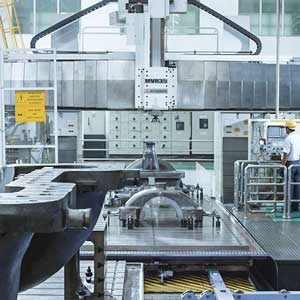Read Also
Incorporating the power of recognition into our vendors' sustainability journey
Cynthia Khoo, Head, Central Procurement Office, OCBC Bank (Malaysia) Berhad
Elevating Guest Experience with Data
Clive Edwards, Senior Vice President, Operations, Capella Hotel Group
Empowering Educators with Faith, Excellence and Purpose
Amelia Febriani, Head of Training and Development, Mawar Sharon Christian School Official
Leading with AI: From Ethics to Enterprise Impact
Adrienne Heinrich, AI COE Head, Senior Vice President, Union Bank of the Philippines
Done Today Beats Perfect Tomorrow: The New IT Advantage
Samuel Budianto, Head of Information Technology,Time International
The Shift from Cybersecurity to Product Security: A Business Imperative
Peter Wong, Head of Information Security and Compliance, Apac, Edenred
Advancing Retail through E-Commerce, Cloud and Cybersecurity
John Gaspar Antonio, CIO/Vice President for Information Technology & E-Commerce / Data Protection Officer, Metro Retail Stores Group
Transforming Risk Management into Strategic Business Advantage
Jeremy Leong, Chief Risk Officer and Head of Risk and Compliance, Taishin International Bank – Brisbane Branch









.jpg)












